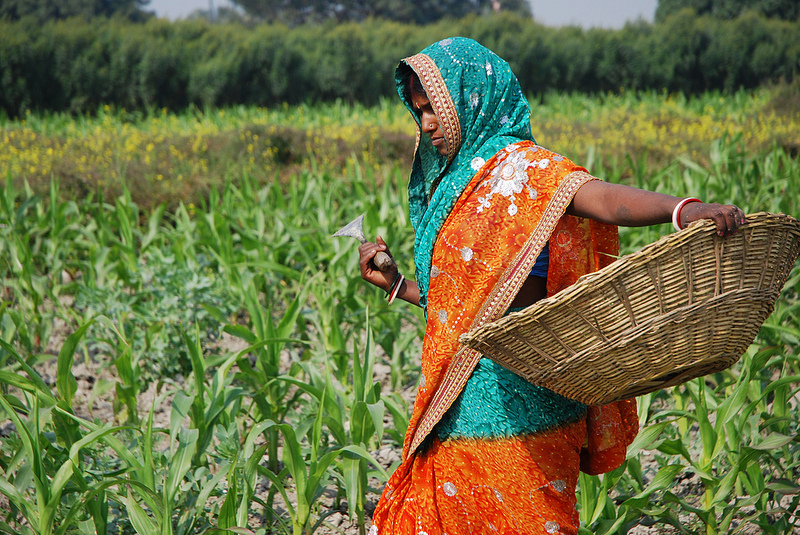International Plant Nutrition Institute
Helping Farmers Reach Better Decisions for Fertilizer Use
South Asia
In South Asia, 90% of smallholder farmers using fertilizer do not achieve optimum crop yields due to a lack of access to soil testing services. In response to this information gap, the International Plant Nutrition Institute (IPNI) South Asia Program developed the Nutrient Expert® decision support tool that can rapidly provide fertilizer recommendations for individual farmers’ fields.
It is based on the 4R Nutrient Stewardship Principles, meaning it helps farmers apply the right source of fertilizer, in the right amount, at the right time and rate. This makes fertilizer use as efficient as possible, and reduces unnecessary loss of nitrogen as a greenhouse gas.
Farmers in India, Nepal and Pakistan are now using the Nutrient Expert®, which IPNI provides free of charge through its website in the form of a web or mobile app. Results have shown that farmers using the Nutrient Expert® to help manage fertilizer application on their farms have experienced an average yield increase in rice, wheat and maize of 1.2, 0.8 and 1.3 tons per hectare respectively.
“Just like a doctor who prescribes different medicines for different patients,” says Mr. Ramesh Prasad Singh from Sate-Bihar in India, “Nutrient Expert recommends appropriate nutrient doses for different farm fields leading to healthy crop and healthy soil.”
In addition to boosting food security in the region and reducing greenhouse gas emissions, the Nutrient Expert® is helping farmers grow crops that are more resilient to high temperatures, water deficits or pest and disease infestation, thanks to the balanced and adequate nutrition they are receiving.




